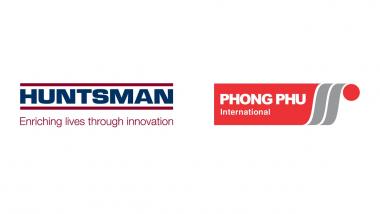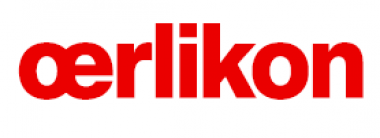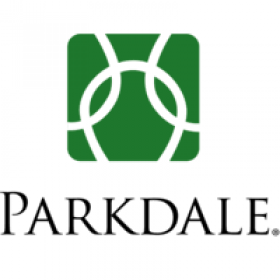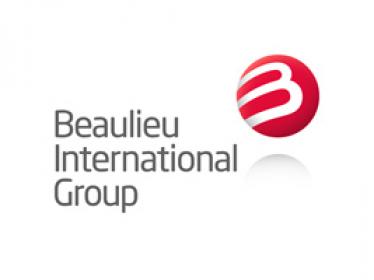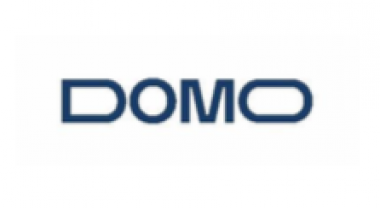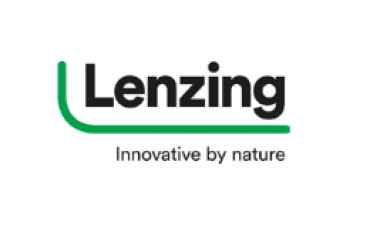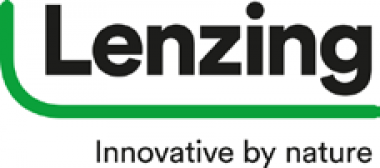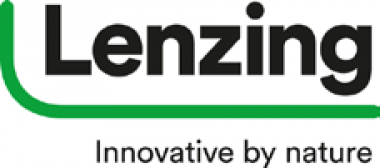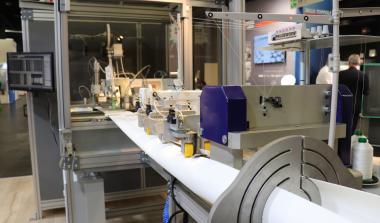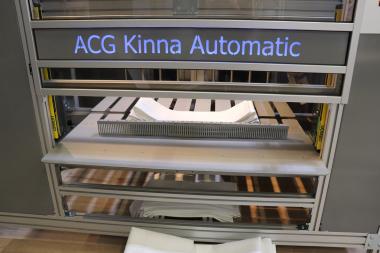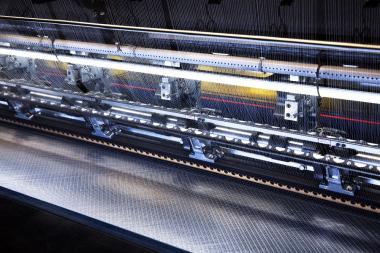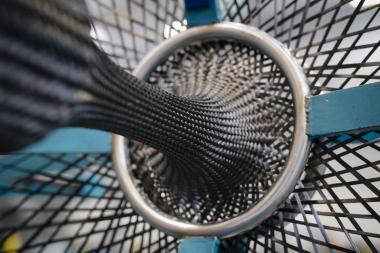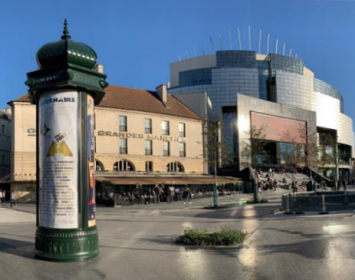HUNTSMAN TEXTILE EFFECTS and PPJ to tap growth potential
Huntsman Textile Effects and Phong Phu International (PPJ) today announced a strategic partnership agreement that aims to promote PPJ’s growth in Vietnam as a manufacturer of textiles and garments for brands and retailers all over the world.
Vietnam-based PPJ will leverage technical support from Huntsman Textile Effects to enhance its manufacturing processes across its denim/twill and knit mills, and develop new products that deliver sustainability along with advanced performance, protection and comfort.
The development of workwear and textile for the American, European and Japan markets will be a key project for the two partners. They will use advanced Huntsman Textile Effects barrier solutions such as PHOBOL®, PHOBOTEX® and ZELAN™, along with other finishing effects.Huntsman Textile Effects will additionally support PPJ to promote its Sinnika Fabric collection, leveraging Huntsman’s advanced dyeing technology and finishing effects to deliver high-value market-focused solutions to brands and retailers.
The new agreement strengthens a relationship that has already seen PPJ develop denim, knitwear and woven fabrics and garments using Huntsman Textile Effects technologies including AVITERA® SE dyes, NOVACRON® Atlantic dyes and High IQ® intelligent effects.
Huntsman Textile Effects


